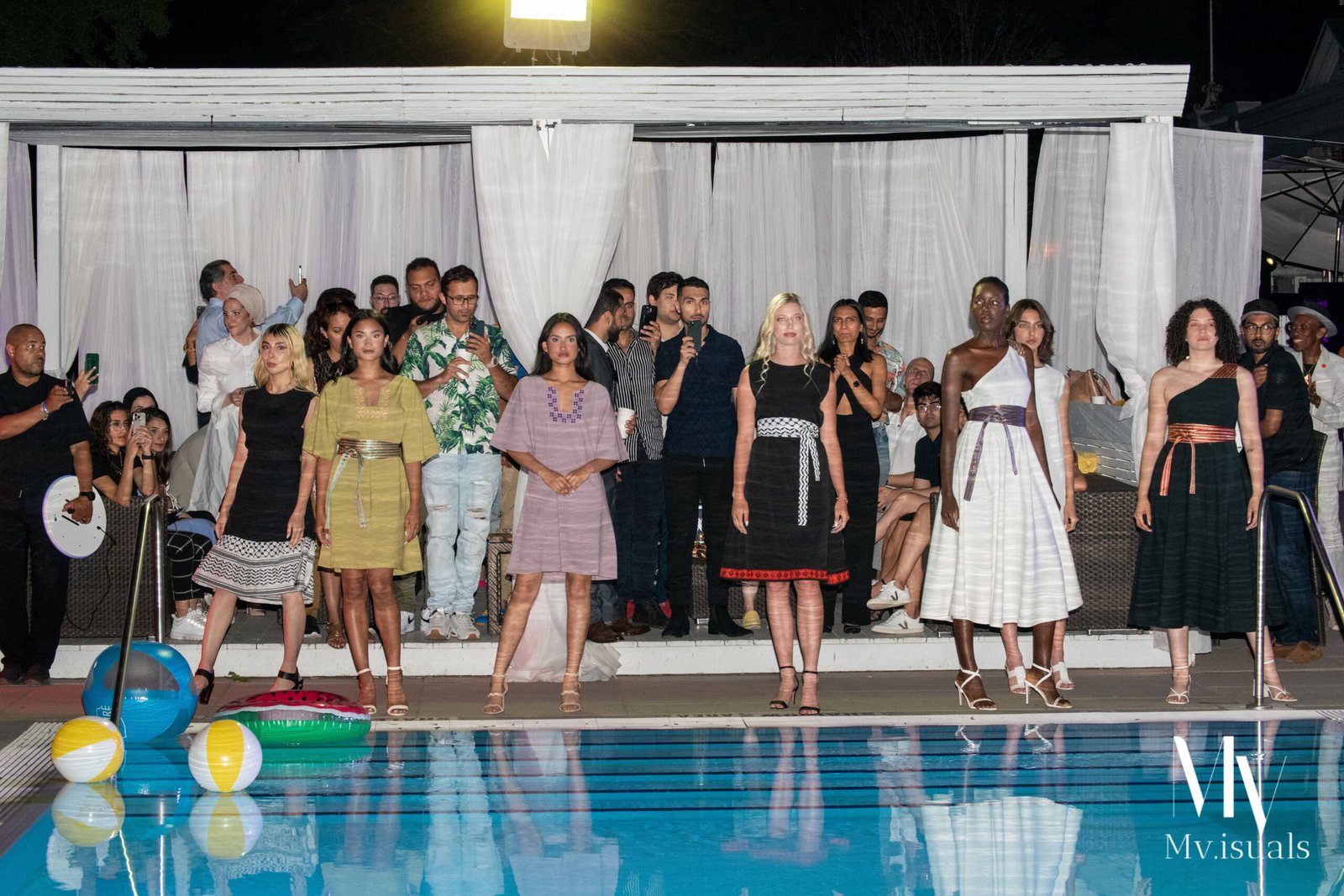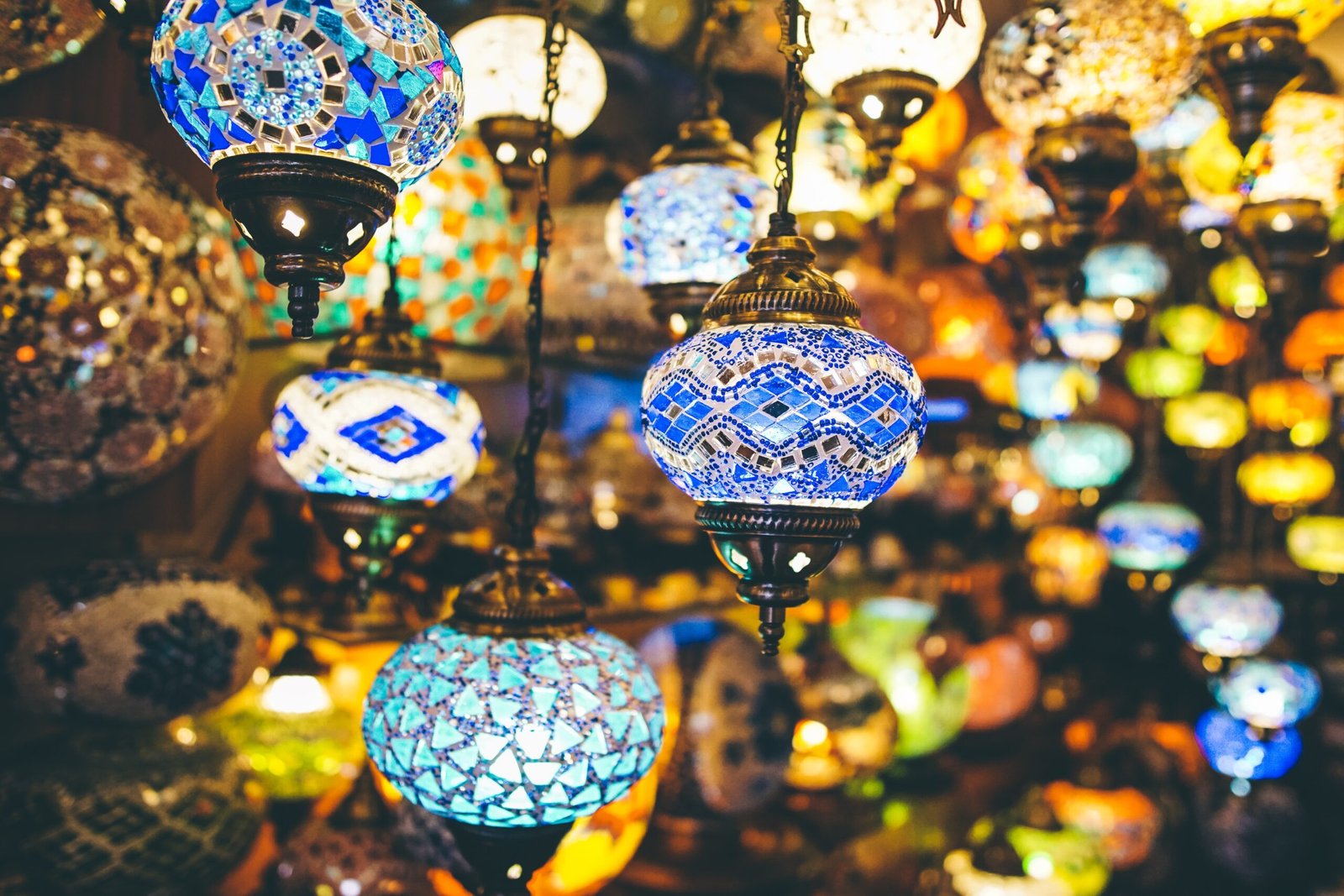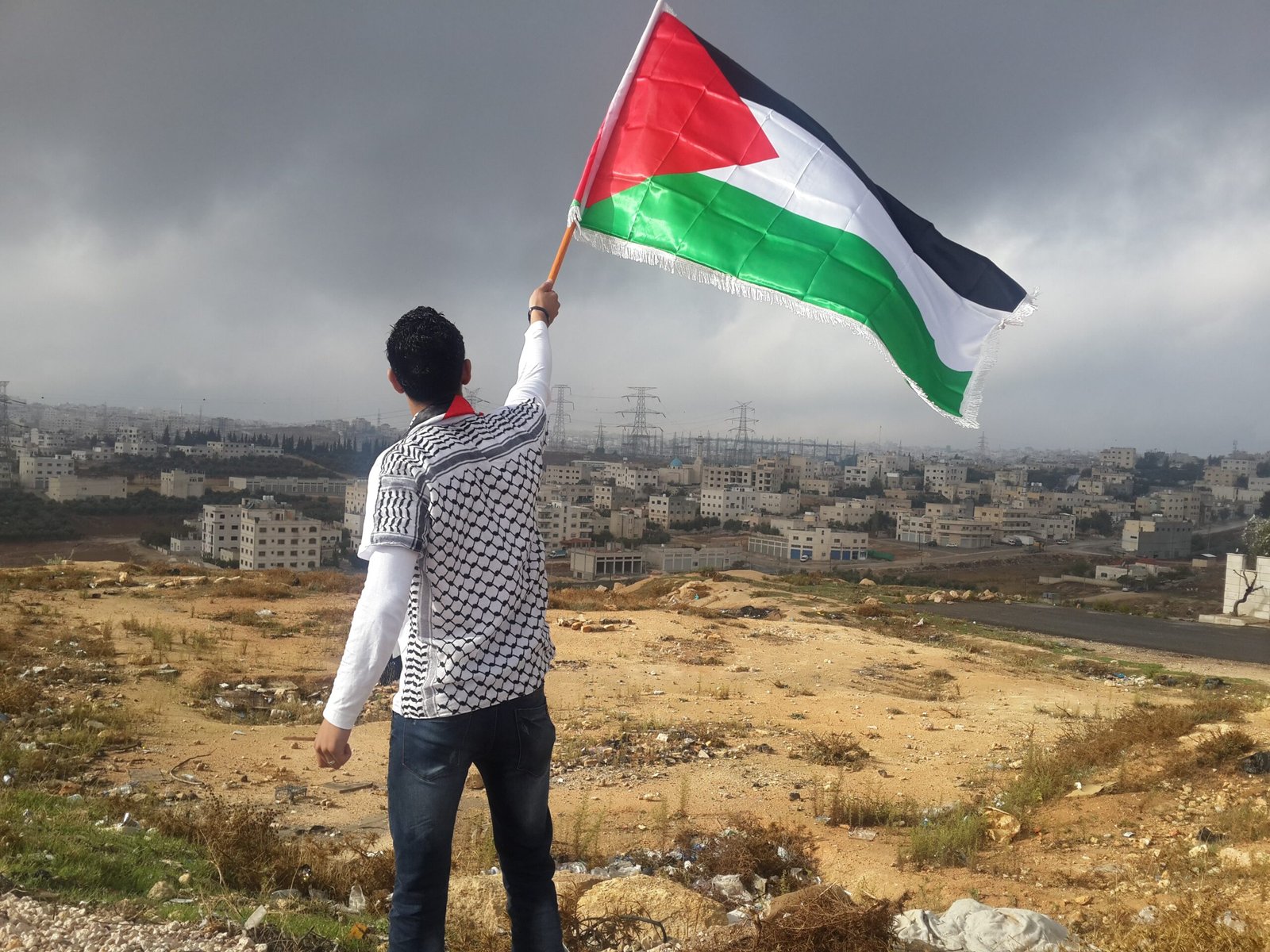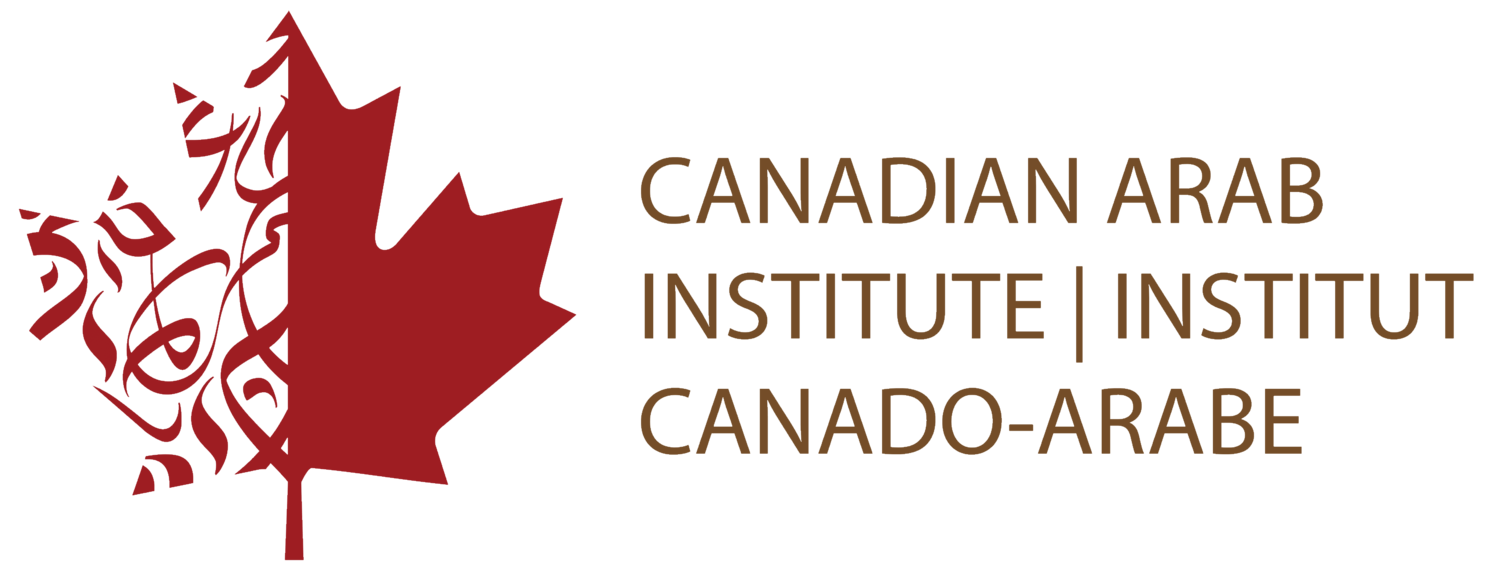In bedouin culture, sharaf is the honour code for men that diagrams their responsibility to protect women, the tribe, and or village. The sharaf (honour) is acquired, elevated, lost, or even recovered. Conversely, ‘ird is the honour code for women which they are born with. Sexual transgression can eradicate ‘ird, but it is not based on virginity. Both of these words, in addition to shahamah (nobility), muruwa (manliness), and nakhwa (chivalry) are not mentioned in biblical text.
Today many Arab men, especially religious and traditional ones, refer to the women in their families as “their sharaf”. If women behave, dress, or commit acts that break social norms, men can consider it dishonour or even feel emasculated. The blurred lines between definitions of sharaf and ‘ird, consolidated with patriarchal logic, have made the actions and behaviour of women synonymous with the reputation of men and family.

While the virginity of a woman has just as much to do with a man’s sharaf (honour) as it does with her own ‘ird, some deeply traditional communities weaponize it against her so far as to support her killing to maintain family honour. This not only proves the fact that the word itself is misunderstood, but the problematic lack of sexual health education leading global misconceptions about women’s bodies. These include the idea that women must bleed when losing virginity, that every woman has a hymen, that its always fully closed, and that it’s only broken through sex (i.e. rather by simply exercising).
The deficiency in sexual health education also created a taboo around sex in general which makes it difficult for Arab children to talk with their parents about this subject. For victims of sexual violence, it can mean the absence of the safe space needed to speak out and the amplified psychological harm if silenced or shamed for the sake of sharaf.
2011 World Economic Forum and Newsweek statistics placed 4 Arab states in the bottom 10 when citing national gender gaps and only Yemen in the bottom 10 for quality of life and rights of women. Even though the Middle East isn’t the worst place for women to exist as shown in mainstream media, it is part of our socialized world where moral accountability remains exclusive to women while men commonly evade criticism.
Although there isn’t an evaluated startpoint of the turn to patriarchy in the Middle East, there is a historical record of its institutionalization through Ottoman, British, and French colonizations for political gain and control within the private spheres of subject societies. One example is the ‘marry-your-rapist’ law which was imported by France. The law was repealed from the French penal code in 1994 and more recently by several Arab states, but variations of it still exist. Yet even though colonialism exacerbated patriarchy in the Middle East, male dominated ideologies existed long before.
History proves that ancient societies (as in the Neolithic era), where women and men were equally taking care of children and providing for and protecting the community, were based on matriarchal social structures valuing care and nurture; ideas that are today considered feminine. Solidarity and the sharing of wealth was for survival.

With time, agriculture, private ownership, accumulating and maintaining wealth and passing it down became social norm. So did the prevalent ideas of force and authority. The matriarchal social values which censured surplus and hoarding of wealth were replaced with the scarcity mindset that capitalism is rooted in.
Women, who were goddesses in ancient religions, were now demonized, weak, submissive, only good for labour and making families. Middle Eastern and Greek mythology from monotheistic religions exemplify modern patriarchal subjugation of women through myths like that of Eve in the Garden of Eden, Pandora’s Box, and the role of the Virgin Mary as merely a delivery method of the male prophet.
Still – honour, manliness, nobility and chivalry, which are words that drive Arab toxic masculinity, are not biblically rooted. What came before faith shaped the social identity which our religions were based on. Drawing the lines between ideologies/tradition and religion can help make space for new belief systems, especially for more close-minded communities.
Belief systems are rooted in past events and are cemented with upbringing, culture, education, and environment. As we navigate life reflecting and examining our realities, we begin to realize what serves us and what doesn’t. Our experiences, knowledge, role models, and vision determine our beliefs. As inspiration and intuition become the driving factors that change belief, stagnancy has to be the greatest indication of ineptitude.

One great example of a new belief system is Jineology, a feminist form of philosophy developed in Rojava (the polyethnic Kurdish, Arab, and Assyrian region in Syria). The name is based on the word Jin, which means woman, and its root Jiyan, meaning life. Unlike the exploitation of female empowerment in liberal Western feminism, Jineology is about ideologically shifting from power-focused and state-like thinking to understanding matriarchal social values which advocate for the freedom of women, men, and life.
Celebrating and empowering Indigenous cultures in our own region and around the world shows us that our reality is in fact a lot less patriarchal than we think it is.
Denormalizing women being men’s sharaf (honour) is changing a narrative which allows men to deflect any moral culpability through a double standard imposed onto women, as well as hypocritical expectations and sexist gender roles. We can be better husbands, fathers, brothers, and friends by holding each other accountable when misusing sharaf. Its meaning is intrinsically based on compassion and service to the community.
We can live up to our sharaf by empowering matriarchal values to protect the interests of women, supporting women in the ways that they ask for and see fit, listening without interruption or judgement, and centring female voices.
By Ghassan Miqdadi
@spicysemite














